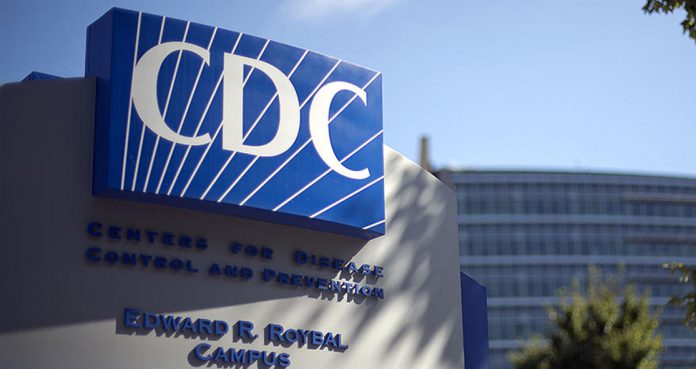The Centers for Disease Control and Prevention (CDC) has been investigating a multi-state outbreak of Shiga toxin-producing Escherichia coli infections in Georgia, Kentucky, Ohio, Tennessee, and Virginia.
According to the CDC, the multi-state outbreak started on March 2 has infected 72 and hospitalized eight people.
Kentucky has seen the highest number of cases at 36, while Tennessee reported 21 E. coli infections.
Escherichia coli, or E. coli, are bacteria that are found in the environment, foods, and intestines of people as well as animals. The infection can be transmitted through contaminated food or water or through contact with infected people or animals.
The investigation conducted by the CDC, the U.S. Department of Agriculture’s Food Safety Inspection Service, and the U.S. Food and Drug Administration (FDA), is ongoing and no specific food product, grocery store, or a restaurant chain has been identified as a potential source of infection, as per the CDC investigation notice.
The CDC is not recommending consumers to avoid any particular food at this time. Also, retailers and restaurants are not recommended to avoid selling or serving any particular food.
States are investigating additional illnesses, which might be a part of this E. coli outbreak.
People who are infected so far are said to between 1 and 74 years of age, with a median age of 17.
Most strains of E. coli are harmless; however, some strains can cause diarrhea, respiratory illness, pneumonia, and other illnesses.
Most people infected by Shiga toxin-producing E. coli often start feeling sick after four to five days of eating or drinking something that is contaminated with the bacteria. And the illnesses can actually start from one to 10 days after getting exposed to the bacteria.
People are advised to seek medical attention if they have diarrhea lasting for more than two or three days, accompanied by high fever, blood in the stool, vomiting, scanty urine, or dehydration. Some people diagnosed with Shiga toxin-producing E. coli can develop a type of kidney failure.
According to the CDC, no cases of hemolytic uremic syndrome or no deaths have been reported so far with this ongoing E. coli outbreak.
In July 2018, the CDC declared a multi-state E. coli outbreak linked to Romaine lettuce, which resulted in the five deaths and hospitalizations of 96, including 27 people who developed a type of kidney failure. More than 200 people from 36 states became infected with Shiga toxin-producing E. coli during that outbreak from March 13 to June 6, 2018.






















